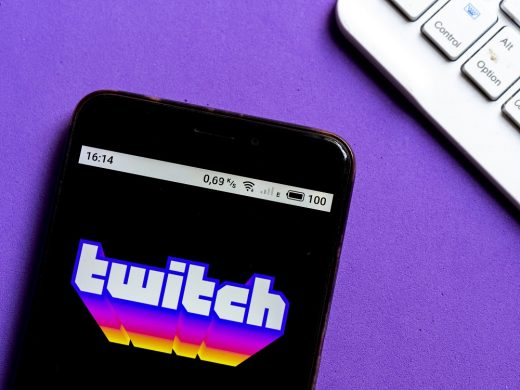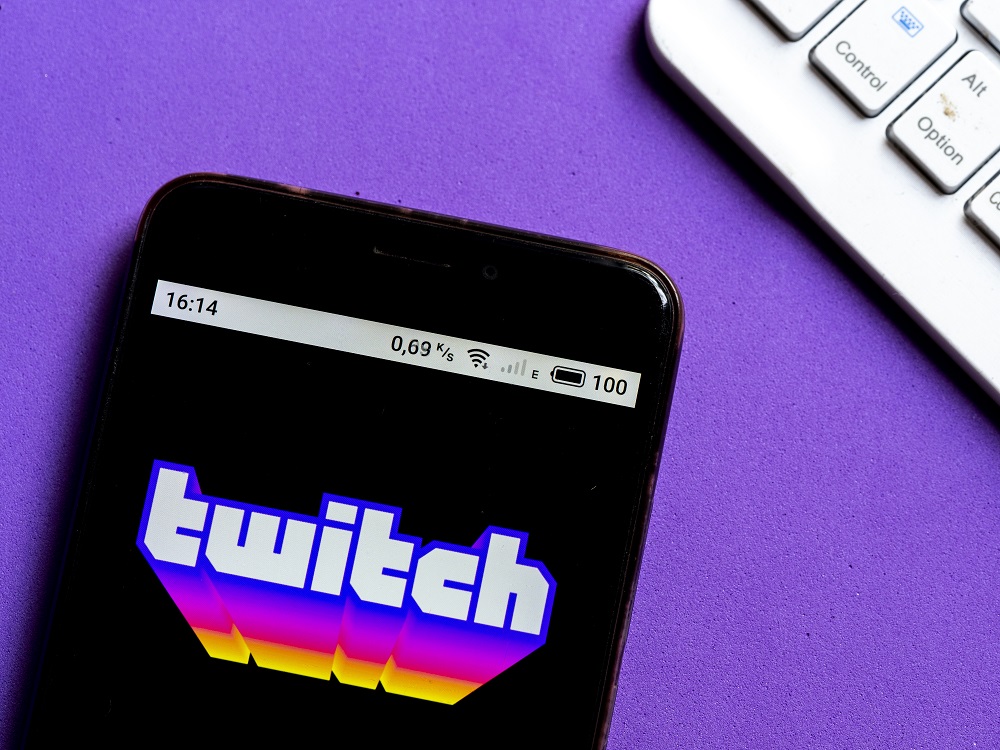Twitch faces music industry backlash over proper licensing
Twitch may be finding ways to offer legal music for livestreams, but it’s not enough for some in the music industry. Variety has learned that the RIAA, Recording Academy and over a dozen groups have written a letter to Twitch accusing it of failing to get music licenses for its new Soundtrack feature and allowing unlicensed music to be “widely” available. The organizations are “confounded” that Twitch hasn’t secured mechanical (basic reproduction) or synch (effectively, soundtrack) licenses for Soundtrack, and frustrated that it supposedly hasn’t taken action after “thousands” of copyright infringement notices.
The streaming service was allegedly neglecting the “fundamental rights” of musicians, songwriters and others by allowing this music without the compensation the industry groups feel they’re owed.
Soundtrack has licenses from a host of independents that include SoundCloud, CD Baby and Monstercat, but it doesn’t have rights for any major label tunes and supposedly falls short on those companies that do have deals. Twitch previously struck deals with labels like Anjunabeats.
“We’ve partnered with dozens of labels, music distributors and promoters to ensure artists and songwriters have these opportunities during this challenging time,” a Twitch spokesperson told Engadget. “We’ve also continued to support the music economy by paying royalties to performing rights organizations like ASCAP, BMI, SESAC, and GMR, and licensing fees to labels and publishers for the use of music in Twitch’s own productions and projects.”
As is often the case, the Twitch streamers themselves are caught in between. Twitch regularly mutes copyrighted music in on-demand streams and periodically issues wider copyright notices for clips, but a recent flood of DMCA takedown requests has left many broadcasters particularly spooked. They’re facing the threat of channel terminations after years of few repercussions, and a lack of transparency (it’s seldom clear what videos are to blame) has left numerous streamers deleting their entire clip histories just to play it safe. It’s not clear that either Twitch or music industry giants are helping the livestreaming crowd as much as they could.
“Finally, let’s be absolutely clear, Twitch responds to each valid DMCA notification it receives by removing the allegedly infringing content expeditiously in compliance with DMCA requirements,” the spokesperson explained.
Update 12:58PM ET: This story has been updated with comments from Twitch. Here is the full statement:
We are incredibly proud of the essential service Twitch has become for so many artists and songwriters to connect with their fans, especially when real world venues are closed and tours are paused around the world. Thousands of music creators rely upon Twitch to express themselves creatively, connect with their fans, and generate income during the global pandemic — and that number grows each day. We’ve partnered with dozens of labels, music distributors and promoters to ensure artists and songwriters have these opportunities during this challenging time. We’ve also continued to support the music economy by paying royalties to performing rights organizations like ASCAP, BMI, SESAC, and GMR, and licensing fees to labels and publishers for the use of music in Twitch’s own productions and projects. We are contributing to the health of the music community, and we are proud of that.
We’re also proud of the work we are doing around recorded music on Twitch through Soundtrack. Soundtrack is a fully licensed service. Twitch has entered into agreements with rights holders for the recordings and compositions included in the service. Soundtrack is not only a fully-licensed way for streamers to play great music in their live streams but also an important discovery tool for independent artists and labels.
Finally, let’s be absolutely clear, Twitch responds to each valid DMCA notification it receives by removing the allegedly infringing content expeditiously in compliance with DMCA requirements.
(55)




